Production Tips & Tutorials, Tutorials
How To Load Samples Into Cubase (2 Ways) [Tutorial]
Do you want to learn more about how to load Samples Files into Cubase?
Maybe you’re an Electronic Music producer and you are searching for how to import audio samples to create your first track in Cubase. Or you’ve purchased a Sample Pack and you want to start playing around with the sounds?
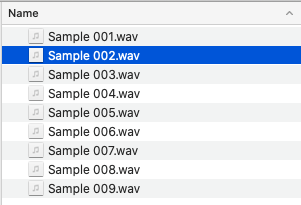
You’ve come to the right place!
After recently going through “How to load MIDI files into Cubase“, we have now designed this easy-to-follow guide to help you learn how to import samples into Cubase.
This guide starts by outlining what a sample is and how to use samples & audio loops to make music. Then I will show you three ways of importing a sample into Cubase.
What is an audio sample and what are they used for?
A sample (usually .wav or .aiff) is a simple file containing audio data. The audio could be anything, from random noise to a percussion/drum, a melody, a sound effect, or a recorded vocal. You may import audio samples onto audio tracks in all DAWs including Cubase.
Sample = digital file containing audio data
In contrast to MIDI files and MIDI tracks, audio samples provide less flexibility and creative possibilities, because the audio is already recorded. Of course, you can still loop it, slice it into smaller parts, time-stretch it, or add effects to it.
Despite the flexibility issue, many music producers use audio samples for specific elements of their tracks. This can range from drums to sound effects, vocals, and more.
How to load samples into Cubase
We often receive Emails asking us how to import audio samples into Cubase. There are two major ways of importing a sample into Cubase. Please note that both ways achieve the same result: adding a specific sample to a specific audio track inside your current Cubase project.
Option 1: Drag & drop the sample from a folder on your computer
This is our favorite and fastest way of importing single audio samples while working on a track. If you already have an audio track set up in your Cubase arrangement window, and you want to import a single sample directly into this track, just do the following:
1. Open the folder on your computer containing the audio samples.
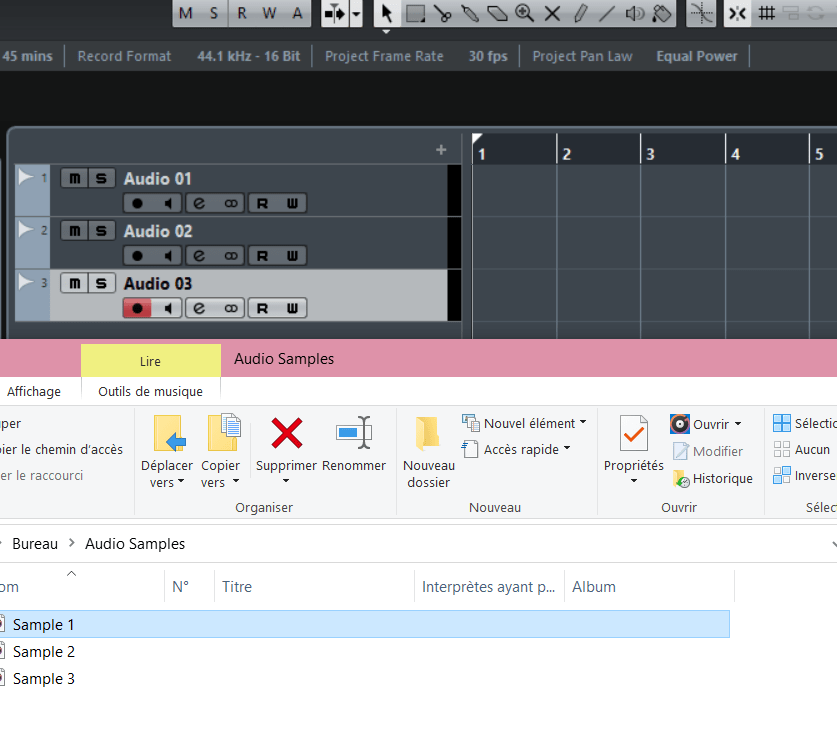
2. Drag the audio file from the folder and drop it onto the audio track.
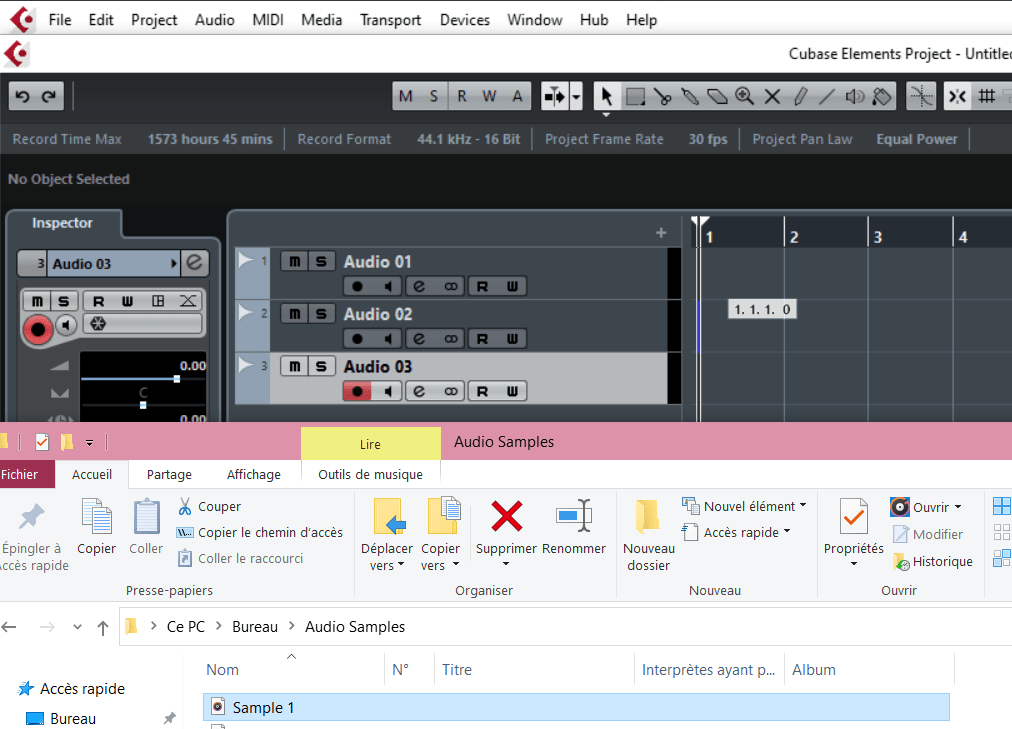
3. You’re done! Cubase has loaded the sample onto the track for you, and you can now see the sample’s waveform.
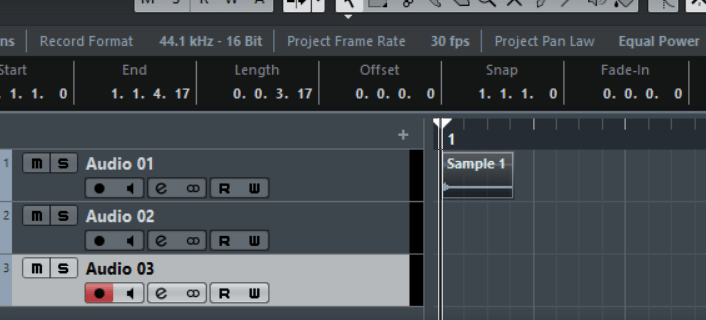
Option 2: Use the File/Import/Audio File option
Cubase also allows you to import an audio file from the File menu. This is the second best way to use audio samples in Cubase.
Please note this will insert a sample on the specific track selected in the arrangement view.
1. Click the “File” top menu, then “Import/Audio File”.
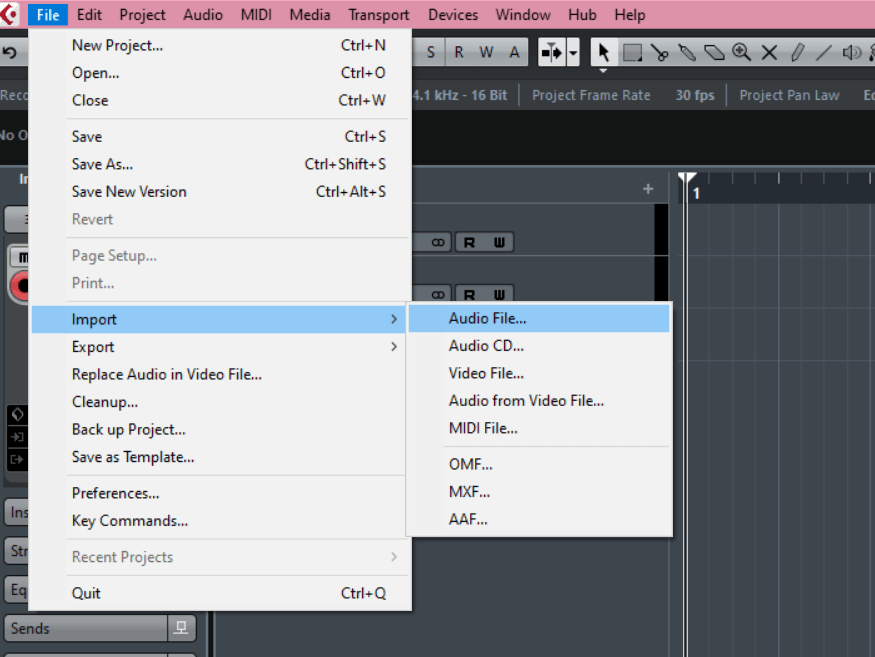
2. Browse to your audio samples folder, select the appropriate file, and click “Open”.
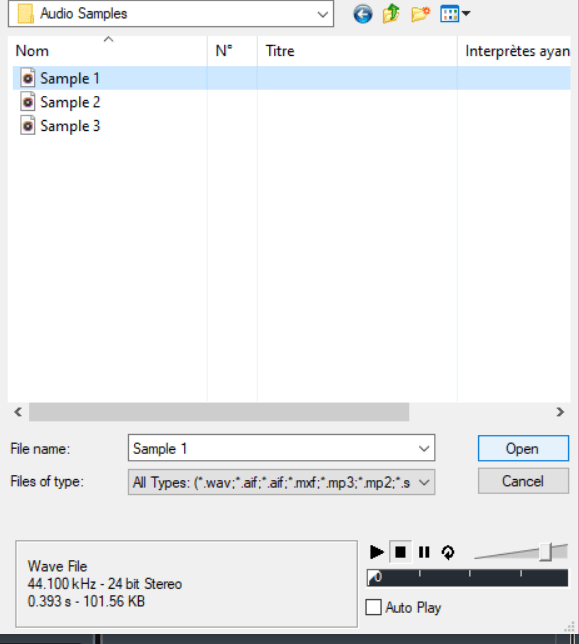
3. You’re done! Your sample is imported.
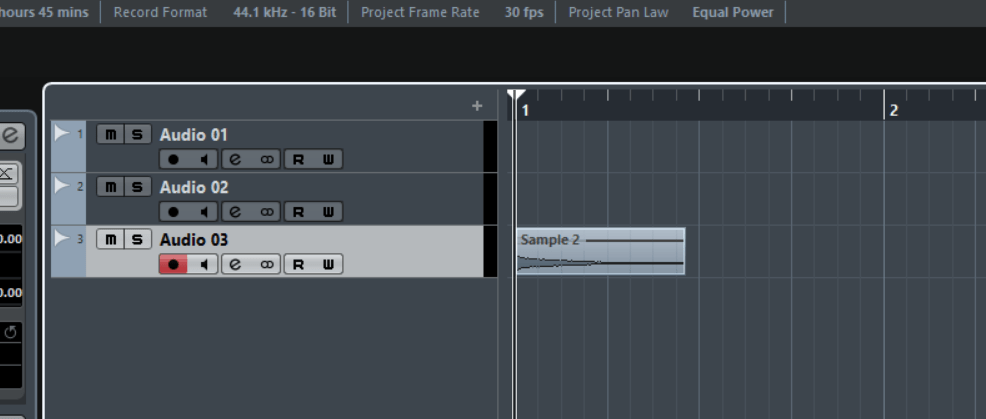
Conclusion
We hope this post about how to import/add audio samples into Cubase has helped you in some way. Did you learn something about how to load samples into Cubase? We hope so. Let us know in the comments!
Also, if you don’t know this yet, Myloops offers 4GB+ of FREE sounds (Samples, MIDI Files, presets, and more) for your productions. They are super useful to get started with making your own tracks. We are proud to offer packs with some of the best samples available online. Just click the “FREE SOUNDS” footer menu to check them out!
Alternatively, you can just fill the form below to subscribe to our newsletter and access the FREE sounds section directly!
Finally, if you are looking for samples for Cubase (or any other DAW that supports WAV files), you can check our premium Sample Packs section, where we offer hundreds of sample packs usable in Cubase and for various genres of music.
Good luck!






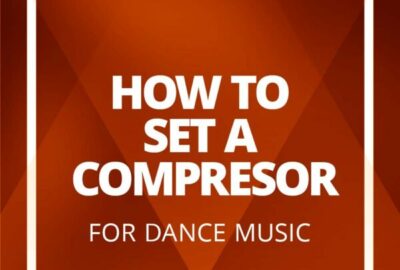



Leave a reply